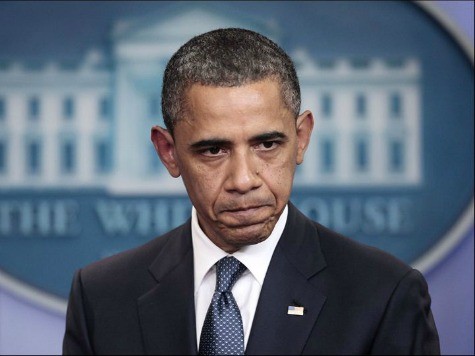
Senate Republicans are promoting legislation that would temporarily suspend the sequester for a week and give President Obama the authority to direct where specific spending cuts should be made. Rather than each Agency or program bearing an equal share of the cuts, Obama could minimize or even eliminate the cuts in some areas while increasing the cuts in others. This afternoon, the White House released a strong statement threatening a swift veto if the measure were to become law.
Now, in terms of policy, I think this legislation is a bad idea. Even if it were a one-time occurrence, it puts too much spending authority in the Executive Branch. The Constitution gives Congress complete authority over spending. It obviously doesn’t dictate each dollar of spending, but it dictates the terms by which Agencies spend their appropriation. Allowing Obama to decide how to allocate spending cuts across the entire government is simply too much power in the Presidency.
The politics of the legislation, however, may have more merit.
Oddly, one person sharing my misgivings about the measure is the man who would most benefit from it. For the past two weeks, Obama and his Administration have been warning the public about the looming cuts and spinning nightmares about their impact on even basic functions of government. This measure, however, presumably, would give Obama the tools to avoid those cuts to key services. He would have the power to decide how spending is cut, giving him the ability to spare programs and services he views as critical.
And, yet, he doesn’t want this power.
The Senate plan will not pass the chamber. There is really no need for the White House to take a position on the bill, much less to issue a veto threat. The White House, apparently, thought the plan was a good vehicle to renew their call for higher taxes as part of every budget deal.
This is where the politics may get upside-down for Obama. Tomorrow, the sequester cuts take effect. It’s likely that little will happen immediately. The cuts are spread out between tomorrow and the end of September, after all. Each day that goes by without a dramatic event resulting from the cuts puts a lie to Obama’s doom-saying. Most people, in fact, may notice little change from the 1% cut in actual outlays this year.
The Administration may try to front-load the cuts to heighten their impact, but then Obama is open to the question of why he proactively opposed being granted the authority to prioritize and target the spending cuts.
For Obama, the answer to any challenge is higher taxes. He isn’t interested in spending cuts, except as a means to increasing taxes. When your solution to every individual budget debate is higher taxes, the public may soon start to believe that is what you really want.

COMMENTS
Please let us know if you're having issues with commenting.